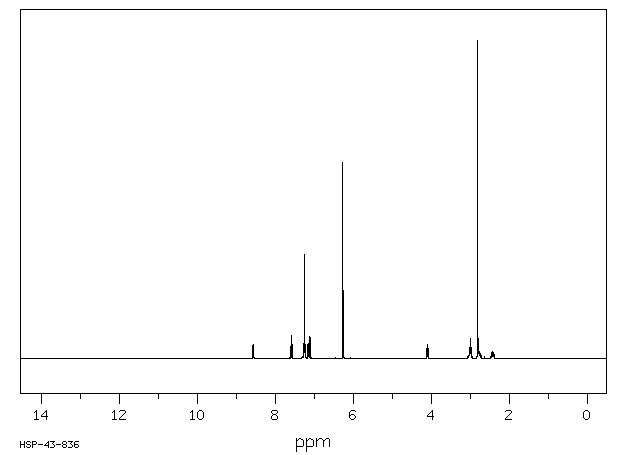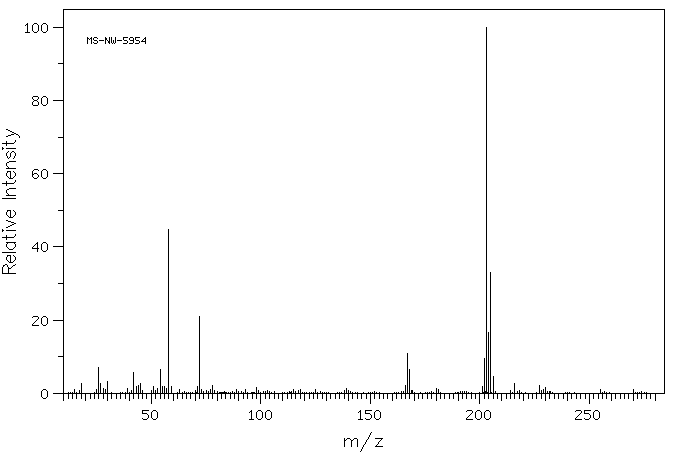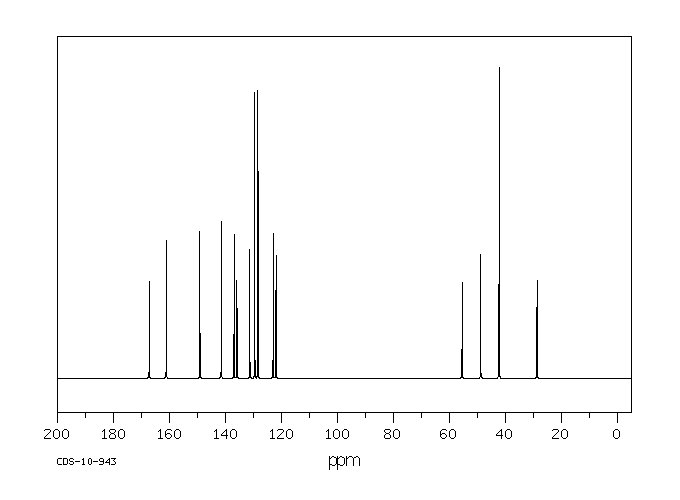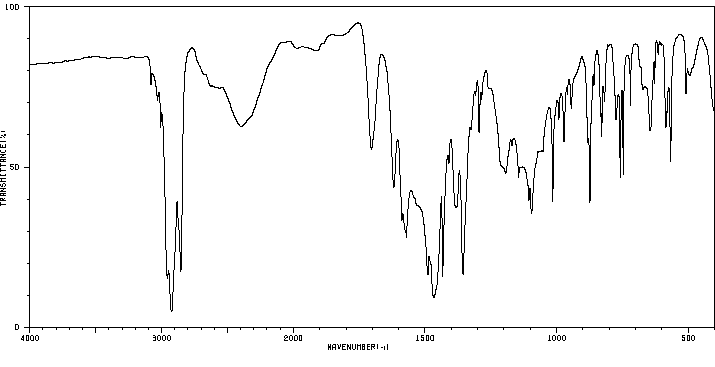毒理性
哺乳期使用总结:在哺乳期间,偶尔使用小剂量(2到4毫克)的氯苯那敏是可以接受的。更大剂量或更长时间的使用可能会对婴儿产生影响,或者减少奶量,特别是在与伪麻黄碱等拟交感神经药合用,或者在哺乳期尚未建立之前。许多女性在最后一次喂奶后服用单次夜间剂量可能就足够了,并且会最小化药物的影响。首选的替代品是非镇静抗组胺药。
对哺乳婴儿的影响:在一项电话随访研究中,母亲报告有10%的婴儿接触到各种抗组胺药后出现烦躁和肠绞痛症状,1.6%的婴儿出现嗜睡。没有反应需要医疗关注。在这项研究中,有5名婴儿接触到母乳中的氯苯那敏,没有报告副作用。
对泌乳和母乳的影响:在非哺乳期妇女和产后早期妇女中,通过注射给予相对高剂量的右氯苯那敏可以降低基础血清催乳素。然而,吸吮诱导的催乳素分泌不受产后母亲服用右氯苯那敏预处理的影响。尚未研究口服较低剂量的氯苯那敏是否对血清催乳素有相同的影响,或者催乳素的影响是否对哺乳成功有任何后果。
◉ Summary of Use during Lactation:Small (2 to 4 mg), occasional doses of chlorpheniramine are acceptable during breastfeeding. Larger doses or more prolonged use might cause effects in the infant or decrease the milk supply, particularly in combination with a sympathomimetic such as pseudoephedrine or before lactation is well established. Single bedtime doses after the last feeding of the day may be adequate for many women and will minimize any effects of the drug. The nonsedating antihistamines are preferred alternatives, though.
◉ Effects in Breastfed Infants:In one telephone follow-up study, mothers reported irritability and colicky symptoms 10% of infants exposed to various antihistamines and drowsiness was reported in 1.6% of infants. None of the reactions required medical attention. In this study, no side effects were reported among 5 infants exposed to chlorpheniramine in breastmilk.
◉ Effects on Lactation and Breastmilk:Dexchlorpheniramine in relatively high doses given by injection can decrease basal serum prolactin in nonlactating women and in early postpartum women. However, suckling-induced prolactin secretion is not affected by dexchlorpheniramine pretreatment of postpartum mothers. Whether lower oral doses of chlorpheniramine have the same effect on serum prolactin or whether the effects on prolactin have any consequences on breastfeeding success have not been studied.
来源:Drugs and Lactation Database (LactMed)










